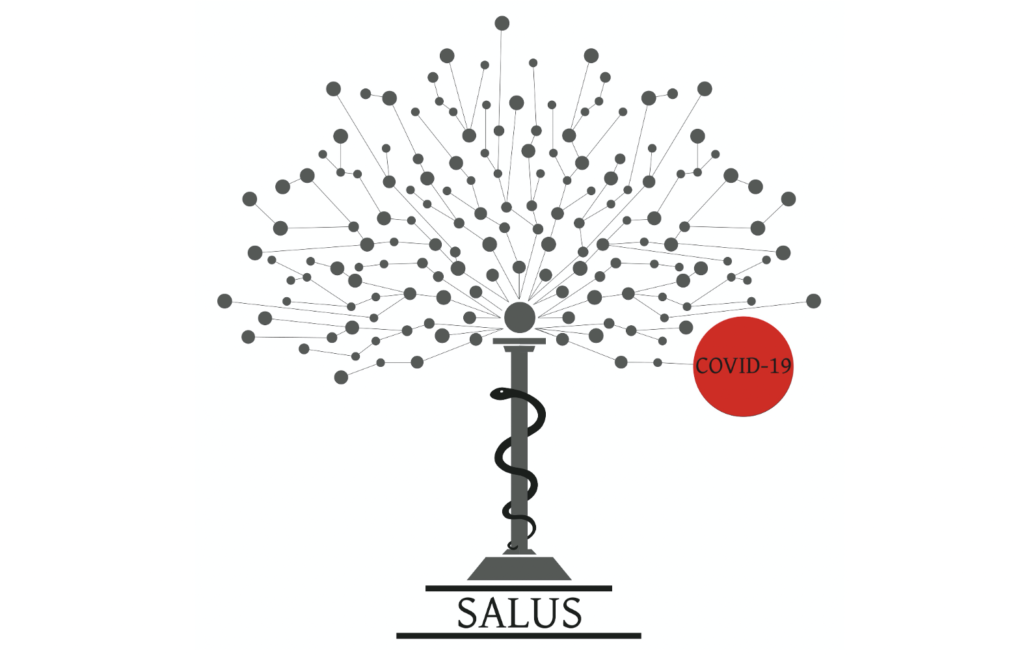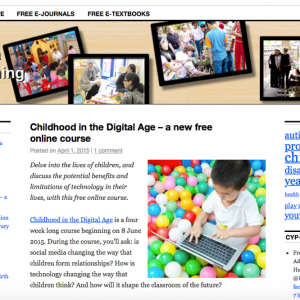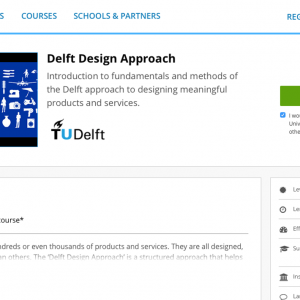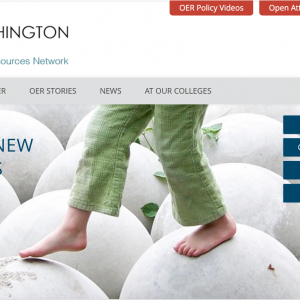- Luis Clemente Jiménez-Botello, Instituto Americano Cultural S.C.
- Harold Tinoco-Giraldo, Universidad de Salamanca
- Roberto Avila-Vázquez, Colegio Madrid A.C., Universidad Tecmilenio, Campus Ferrería
Strengthening Indigenous culture, identity and well being, through public health informatics.
The indigenous communities of Latin America are outstandingly resilient. They have demonstrated this for centuries. However, they are an extremely vulnerable population facing inequities everyday. These inequalities have been exacerbated by COVID-19.
The circumstances of some indigenous communities today are extremely fragile. They live precarious conditions even among the most vulnerable. This situation translates into low access to health services, lack of education and knowledge about the current pandemic and poor access to resources to buy basic provisions, and more exposure to contagion.
It is important to recognize that this vulnerability is linked to minimal information about Coronavirus, minimal testing, lack of treatment, and rehabilitation conditions; that the costs associated with Coronavirus care – usually in remote urban centers – are beyond their reach; and that chronic problems such as malnutrition, respiratory disease and Diabetes Mellitus aggravate the health situation.
Strategies such as Project SALUS, Node COVID-19 proportionate verified information from is original languages on written and audio format as an effective action that promotes public health in these communities. This way of action recognized the proper culture of these communities and clarified the key information for the prevention of the pandemic and gave a better way to live in this global emergency.



